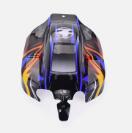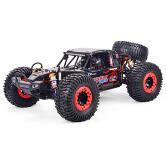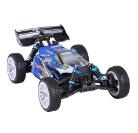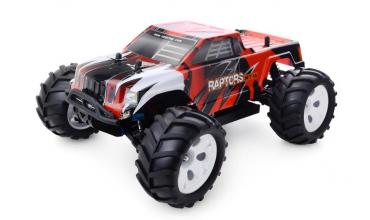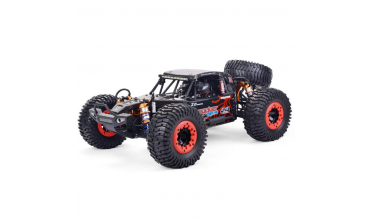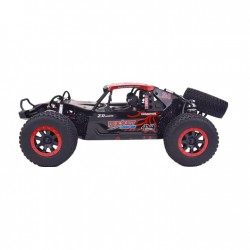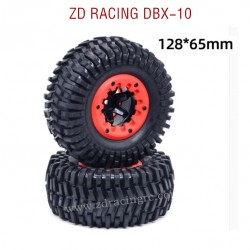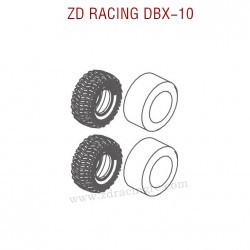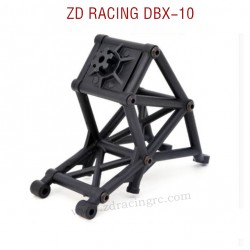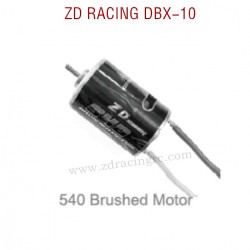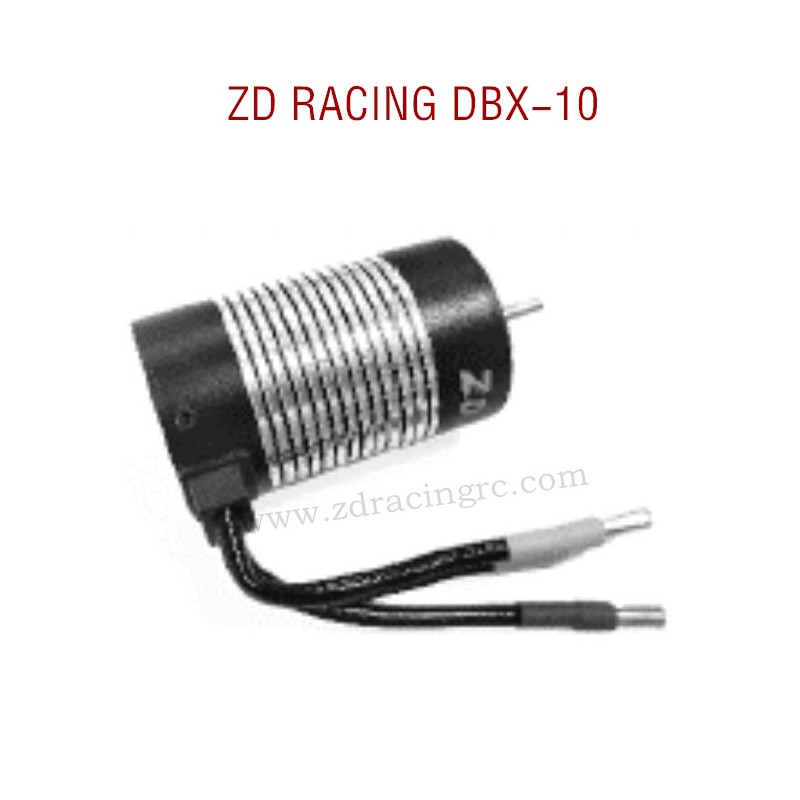
ZD RACING DBX-10 Parts Brushless 2300kv 3665 Motor 7564
ZD RACING DBX-10 RC Car Original Parts has been tested to be a perfect fit for the ZD RACING DBX-10 RC Car Original Parts.
If you want to improve the performance of your vehicle, you can choose to purchase upgrade accessories.
ZD RACING DBX-10 Brushless 2300kv 3665 Motor
Applicable model: ZD RACING DBX-10 RC Car (Applies to brushless version only)
Product Number: 7564
Quantity: 1set
ZD RACING DBX-10 RC Car uses the difference between a brushed motor and a brushless motor:
1. Brush motors usually have a high speed and response speed, which is suitable for application scenarios that require rapid acceleration and variable speed. The brushless motor has fast starting speed and sensitive response, which is more suitable for racing vehicles.
2. Brushless motor has no friction loss of brushes, its efficiency is higher, and it can convert more electrical energy into power output, thus providing higher battery life and performance. In contrast, brushed motors are less efficient and consume more energy.
3. The brushless motor has low friction, low noise and stable operation, which is suitable for applications with high noise requirements. The brush motor may produce certain noise and vibration during operation.
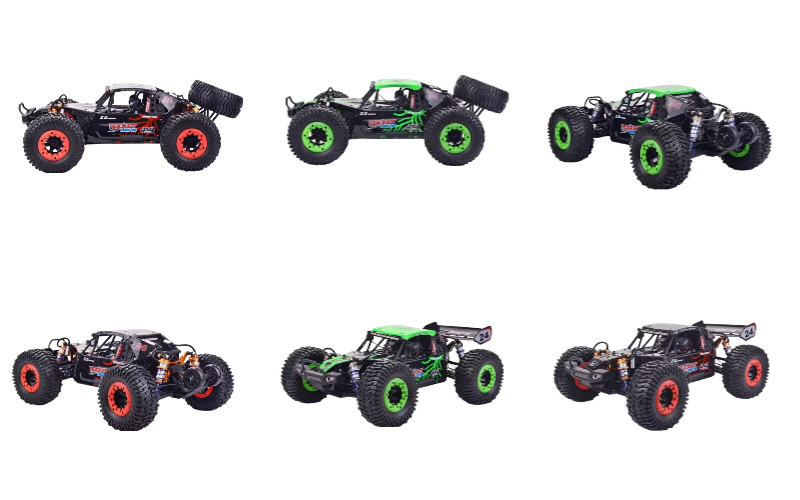
ZD RACING DBX-10 RC Car product features:
1. This vehicle belongs to the full scale all-terrain four-wheel drive electric desert truck, derived from the extreme off-road race prototype, with a very impact shape.
2. Precision steel drive shaft, precision high-speed bearings, high-strength gear power transmission system, can conquer all terrain.
3. The shape of this model is very simulation cool, rotary clamshell design, configuration simulation LED roof spotlights, headlights, taillights, more cool, simulation cockpit and shock tanks, fire extinguishers, wind dispersion and more simulation details.
4. This car is equipped with metal oil pressure shock absorber, which can provide reliable support for intense driving. An all-metal reinforced chassis design for additional robustness





